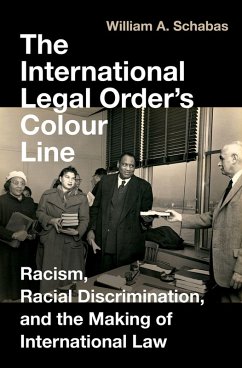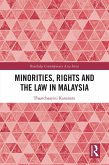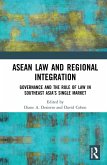Prior to the twentieth century, international law was predominantly written by and for the 'civilised nations' of the white Global North. It justified doctrines of racial inequality and effectively drew a colour line that excluded citizens of the Global South and persons of African descent from participating in international law-making while subjecting them to colonialism and the slave trade.
The International Legal Order's Colour Line narrates this divide and charts the development of regulation on racism and racial discrimination at the international level, principally within the United Nations. Most notably, it outlines how these themes gained traction once the Global South gained more participation in international law-making after the First World War. It challenges the narrative that human rights are a creation of the Global North by focussing on the decisive contributions that countries of the Global South and people of colour made to anchor anti-racism in international law. After assessing early historical developments, chapters are devoted to The League of Nations, the adoption and implementation of the International Convention on the Elimination of All Forms of Racial Discrimination, the debates within UNESCO on the notion of race itself, expansion of crimes against humanity to cover peacetime violations, as well as challenges to apartheid in South Africa. At all stages, the focus lies on the role played by those who have been the victims of racial discrimination, primarily the countries of the Global South, in advancing the debate and promoting the development of new legal rules and institutions for their implementation.
The International Legal Order's Colour Line provides a comprehensive history and compelling new approach to the history of human rights law.
Dieser Download kann aus rechtlichen Gründen nur mit Rechnungsadresse in A, B, BG, CY, CZ, D, DK, EW, E, FIN, F, GR, HR, H, IRL, I, LT, L, LR, M, NL, PL, P, R, S, SLO, SK ausgeliefert werden.









